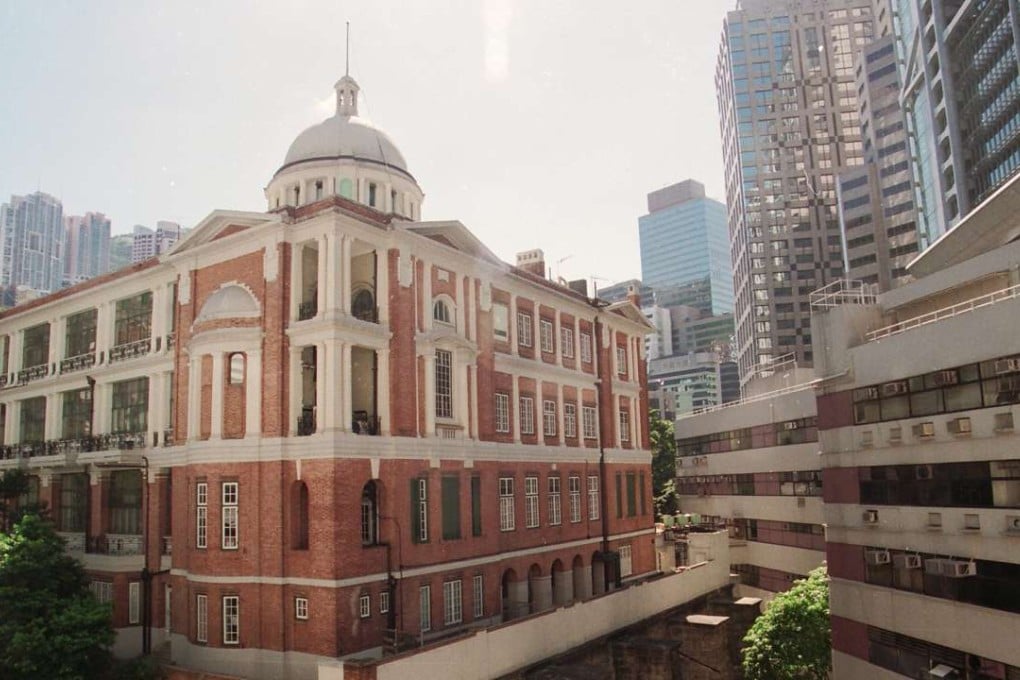Six ways for Hong Kong to advance its proven legal skills along the ‘Belt and Road’
Chan Chak-ming says a stronger legal infrastructure would see the city’s highly internationalised system shine as the arbiter of choice in the 65-nation project and offer Beijing a unique platform to align with the world

The “One Belt, One Road” initiative will be a grand plan for decades, spanning 65 countries and over 4 billion people, with billions of dollars of investment. Given the huge opportunities, we should develop and strengthen our legal services, and turn Hong Kong into an international legal hub.
Law firms work on ways to mitigate stakeholders’ risk in belt-road cross-border deals
The rule of law is a core value of Hong Kong and the cornerstone of the city’s success. The best way to preserve it is to promote and improve our legal infrastructure, which would in turn help preserve Hong Kong’s system under “one country, two systems”.
Hong Kong’s legal services are highly internationalised, and have obvious competitive advantages in helping China address these legal risks
The Belt and Road covers many jurisdictions, from the common law and continental law, to Islamic law, socialist law and a mix. Investors must fully appreciate the risks associated with different jurisdictions and differences in local laws. Hong Kong’s legal services are highly internationalised, and have obvious competitive advantages in helping China address these legal risks.
To better prepare ourselves for Belt and Road opportunities, we must first strengthen our alternative dispute resolution services by attracting renowned arbitration bodies to set up offices here. An international complex to house all forms of alternative dispute resolution services should be established. The iconic former French Mission Building on Government Hill, in Central, would be ideal. Within the complex, there should be a designated court dealing with disputes arising from Belt and Road projects, as well as an academy for training and research.
Meanwhile, we should increase the number of alternative dispute resolution practitioners and expand the panel list of arbitrators/mediators by inviting practitioners from overseas.
Second, we should increase our efforts to promote Hong Kong law as the governing law in Belt and Road contracts and Asian Infrastructure Investment Bank projects, and also promote the use of Hong Kong courts and dispute resolution services.
Hong Kong urged to play up its legal strengths to profit from Beijing’s ‘one belt, one road’ plan
Third, there should be a new dedicated legal officer in the Department of Justice for all Belt-and-Road-related matters to, among other duties, liaise with mainland bodies, like the legal departments of the State-owned Assets Supervision and Administration Commission and state-owned enterprises with Belt and Road projects, as well as promote Hong Kong’s legal services internationally.